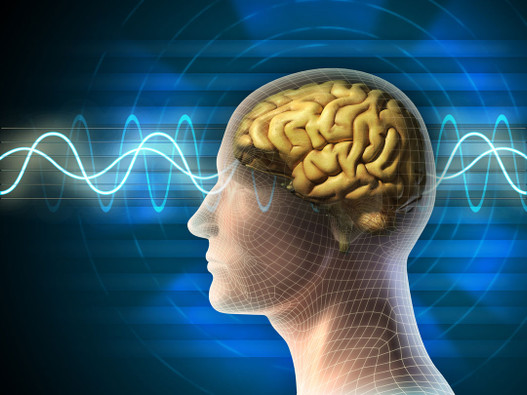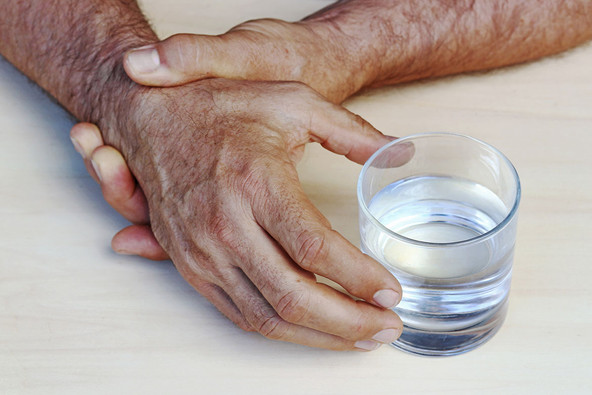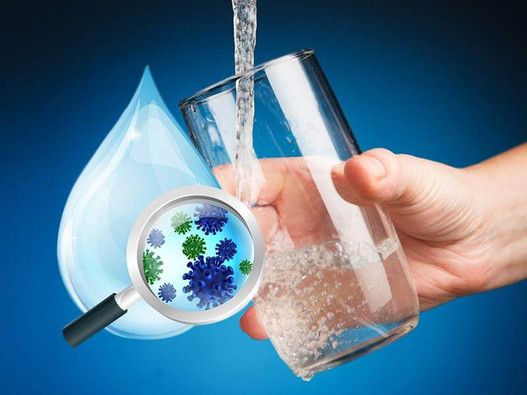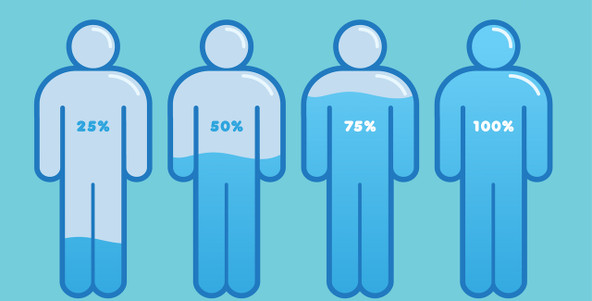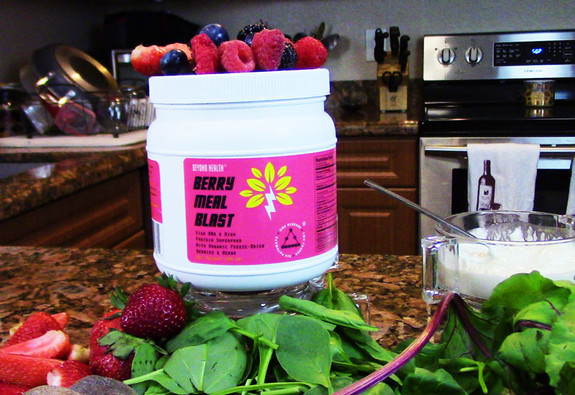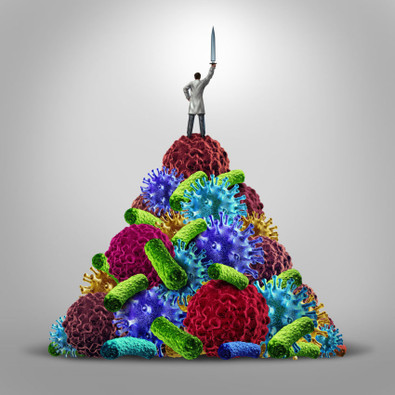Jan 23rd 2024
Vitamin C Increases Brain Power in Young Adults
Would you like to be smarter? Of course, you would! Who wouldn’t want to be able to bring laser-like attention to the task at hand, assess all the elements in a situation quickly, analyze how they interrelate, and remain wholeheartedly engaged and absorbed until any problem is solved creatively and effectively?Well, vitamin C supplementation can help with that, especially if you’re at all deficient — and most of us are!Recently, Korean scientists assembled a group of 241 healthy, young (ages 20-39) adults to see if their serum vitamin C levels correlated with their “mental vitality.” Indeed, it did. So the researchers went a step further. About half of these young Korean men and women had “inadequate” levels of the vitamin, which the researchers defined as being less than 0.88 milligrams per deciliter (mg/dL). Fifty of these vitamin C-insufficient subjects were invited to participate in a four-week experiment. Half of them took 500 mg of vitamin C twice a day, fo…
read more Fuel your life with the purest vitamins
Fuel your life with the purest vitamins




